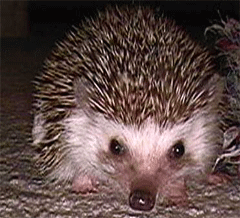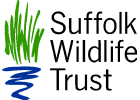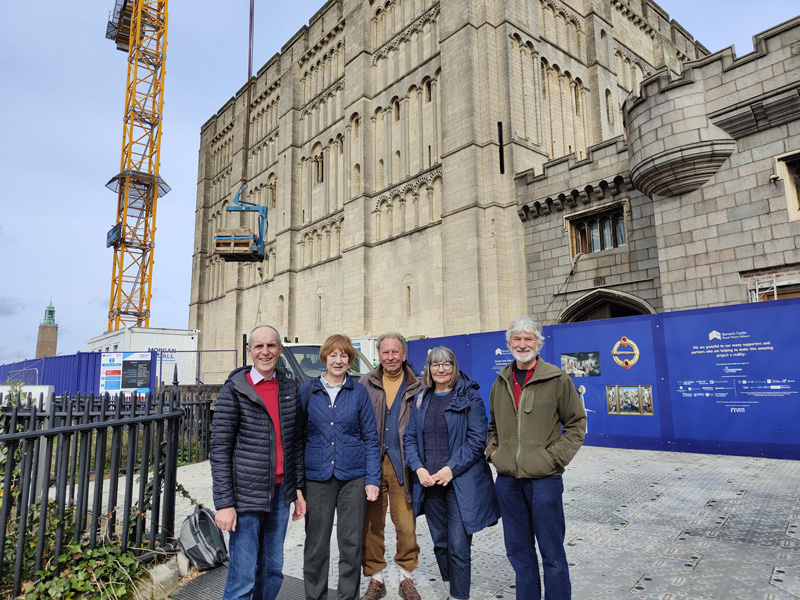
Suffolk Wildlife Trust is asking people to look out for hiding hedgehogs before they light fires on Bonfire Night, as hedgehogs begin to look for places to hibernate at this time of year, and unlit bonfires appear to make an ideal refuge.
Hedgehogs numbers are in decline due to a loss of habitat, development pressures, possible loss of food sources due to intensive farming and the possible effects of slug pellets. Hedgehogs have recently joined the red squirrel and bottlenose dolphin on the UK Biodiversity Action Plan list of species in need of conservation and greater protection.
SWT’s Oka Russell advises people to help protect hedgehogs by following these guidelines when building a bonfire:
- Build the bonfire as close to the night as possible so there’s less chance of a hedgehog moving in;
- Make your pile of material next to the bonfire site and re-build the stack before lighting it;
- Search the bonfire for hibernating creatures using a torch and rake before starting the fire;
- Move any hedgehogs found to a ready-made hedgehog box or somewhere dry and safe away from the fire;
- Before bonfire night make an alternative hedgehog home by raking up grass cuttings or autumn leaves into a pile a safe distance from the fire. Hopefully sleepy ‘hogs will choose to snooze there instead of the bonfire.
“To a hedgehog looking for a place to sleep, an unlit bonfire is a ready made nest. We are asking people to give hedgehogs a helping hand by following our instructions and checking any bonfires before lighting them. It only takes a minute to do but can save hundreds of hedgehogs from an unnecessary death. Hedgehogs are great friends to gardeners and a natural pest-killer. However, numbers are in decline and we need to do all we can to help them out. Once bonfire night is over why not think about creating a hedgehog haven in your garden? Hedgehogs need garden habitats that mimic woodland edge and hedgerow and will feed on slugs, snails, beetles, worms, and caterpillars. You can provide leafy, twiggy places for hibernation – small piles of logs or leaves are ideal. Avoid slug pellets and don’t keep your garden too tidy!”
For further information please contact Suffolk Wildlife Trust on 01473 890089 or see









